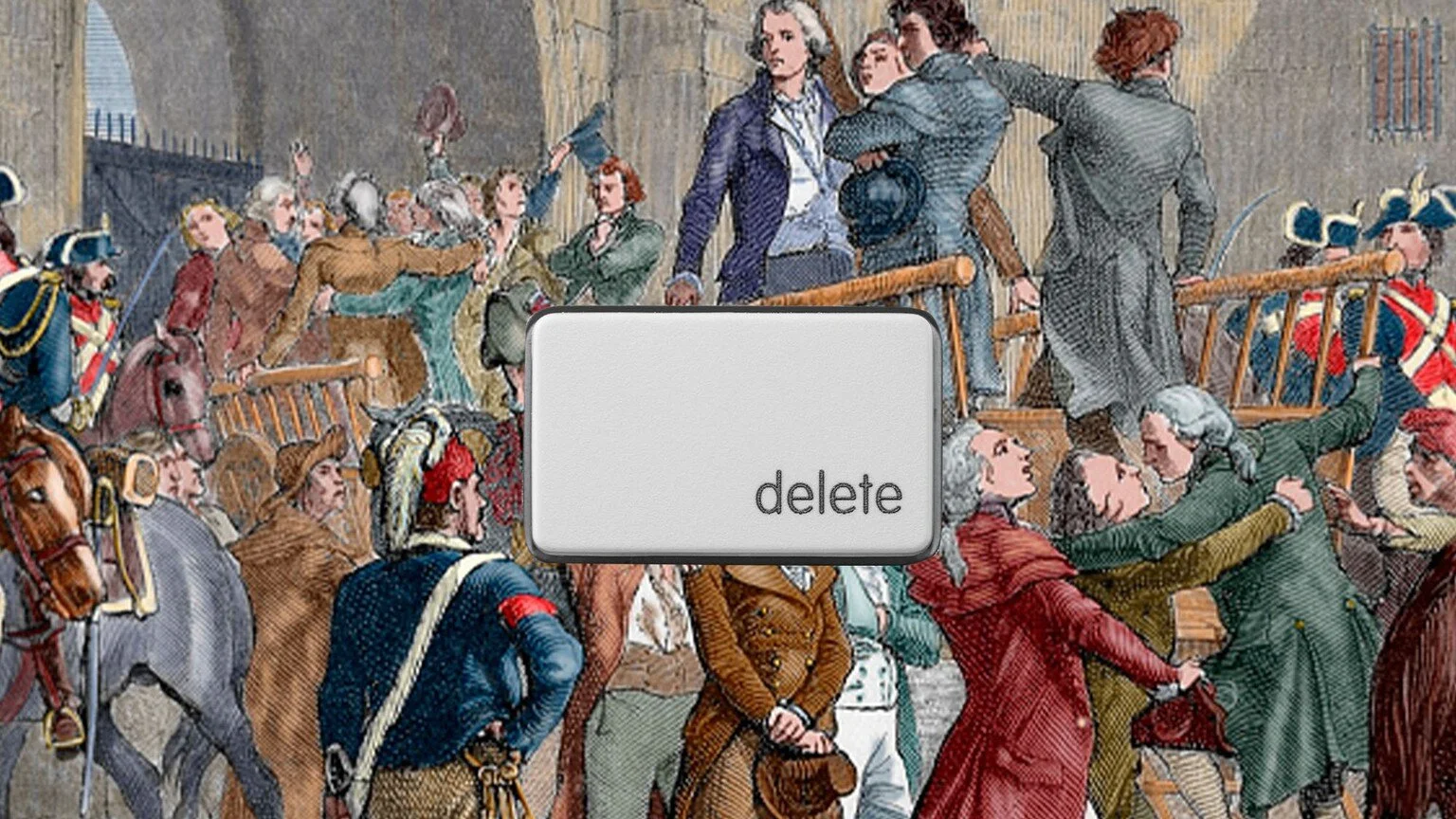What’s in a Dress? The Celebritisation of American Politics
This September (2021), as dozens of celebrities donned extravagant outfits and walked down the red carpet at New York City’s highly exclusive Met Gala, a political figure stood out from the crowd of Hollywood A-listers. Alexandria Ocasio-Cortez, an American Congresswoman representing New York’s 14th district covering parts of the Bronx and Queens, showed up decked out in a custom made white dress emblazoned with her signature policy tagline of “Tax the Rich.”
The decision to attend was, of course, destined to generate controversy: most things the self proclaimed Democratic-Socialist has done in her short career in politics has. Often unafraid to break from the reins of the Democratic political mold, she has attracted consistent criticism from all sides of the political aisle, from leadership in her own party to conservative sources like Fox News, who mentioned her an average of 76 times a day on the channel between February 25th and April 7th in 2019.
After the Gala, for the first time, her own steadfast supporters were among those criticising her. Many were quick to pounce on the fact that the Met Gala is one of the most opulent and elite events in the country, with tickets ranging up to thirty five thousand dollars. Critics hailed her attendance, especially in contrast to a Black Lives Matter protest outside, as antithetical to her inclusive left wing populist ideology that champions the working class, average American against the interests of the corporate elite. It seemed to some that she had lived up to prior criticism that her political career had the primary objective of fame.
Despite her political message being the centre of her attendance, the majority of media coverage remained on her, her possible hypocrisy, and counter arguments opposing the depiction of her as a hypocrite. However, missing from the majority of articles about Ocasio-Cortez were detailed explanations of the political objectives behind “Tax the Rich.” Ocasio-Cortez was quick to defend herself, describing her action as a method to incorporate everybody’s voices in the effort to elevate wealth taxes on those in the upper percentile of income. She described the night as an opportunity to discuss her policy with those who lobby against it, with a method designed to “[puncture] the fourth wall of excess and spectacle.”
It must be noted as well that her presence was not the only political one. Other prominent New York City politicians, including Carolyn Maloney, another Democratic Congresswoman, who attended wearing a gown with an bold “ERA YES,” to display her support for the passage of the Equal Rights Amendment, attended. But whilst Ms Maloney did receive her fair share of criticism, it was nothing compared to the number of detractors that Ms Ocasio Cortez had.
Much of the criticism can be tied to disproportionate attacks against one of the youngest members of Congress, who also happens to be a Latina woman. Some of the criticism, however, particularly the denunciation coming from other democratic socialists, has validity to it: why was a politician, champion of the poor, seemingly abandoning her past rhetoric by integrating herself into an event which is a testament to its own ostentation and elitism?
The concept of a well known politician with a past celebrity career is not new to American politics, as evidenced by Ronald Reagan’s and Donald Trump’s political careers. However, the possibility of an A-list politician with such a high profile stemming from solely a short political career has never quite been exhibited by anyone before Ocasio-Cortez.
At just 31 years old, she has incorporated her tech-savvy skills into her policy approaches. She has amassed a massive following of 8.7 million followers on her Instagram, doing Q&A sessions with her supporters through which she informs them of details of healthcare policy. She maintains a heavy and widely followed presence on Twitter too, with 12.7 million followers. In a move which aimed to normalise the politician, she even participated in a playing of the wildly popular video game Among Us with fellow Democratic Socialist Ilhan Omar.
Ocasio-Cortez’s online skills make her perhaps the most easily accessible Congressional member in American history, already a celebrity in her own right. Nonetheless, this has put her in a tough position: using her celebrity status to advance policies, whilst simultaneously still pushing for the working class, blurring the lines between her working class roots and her current position as a high earning congresswoman. She has effectively included herself within the group of elites that she continues to criticise, and regardless of her well intentions at the Met Gala, the final product remains one of ostensible personal hypocrisy and political ambiguity.
Ocasio-Cortez’s dress and attendance at the Met Gala, intended to stir up conversation regarding taxation policy, has instead sparked debate about her own position in society. The celebritisation of politics has detracted from the political process by continuing the status quo that plagues politics in the United States, in which the character and status of a person has just as large a role, if not a larger element, than their policy objectives. So, regardless of whether her dress was truly hypocritical or a strategic attempt to further a domestically popular policy, it highlights the alarming role that fame can play within politics and begs the question of whether celebrity and ideology are two forces that will always be at odds with one another in American politics.
Image courtesy of Dimitri Rodriguez, ©2019, some rights reserved.



